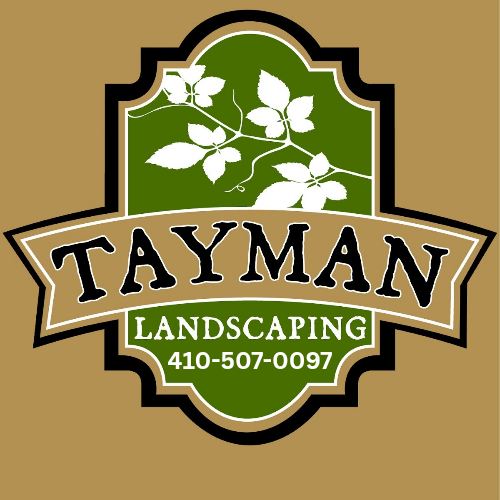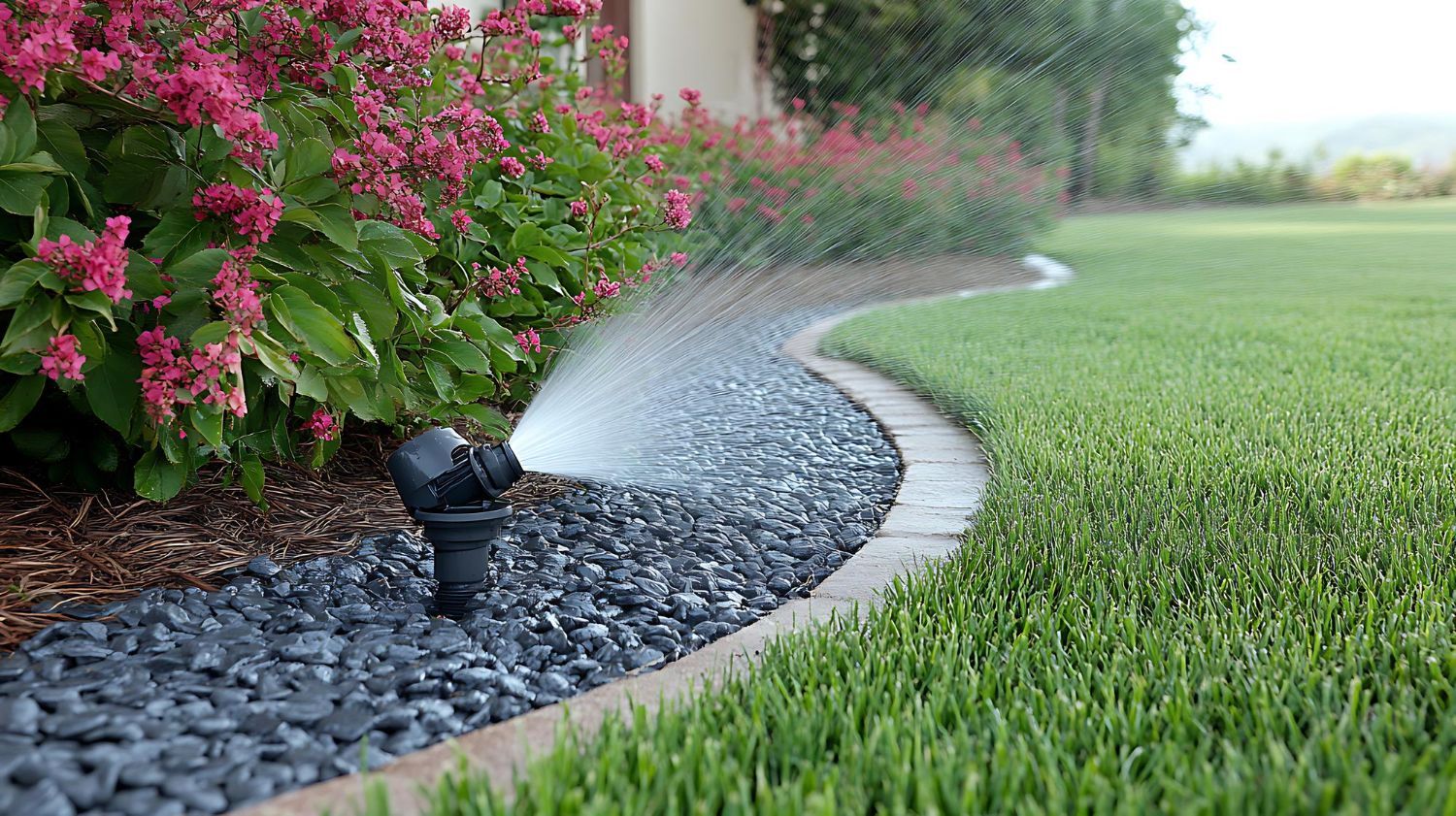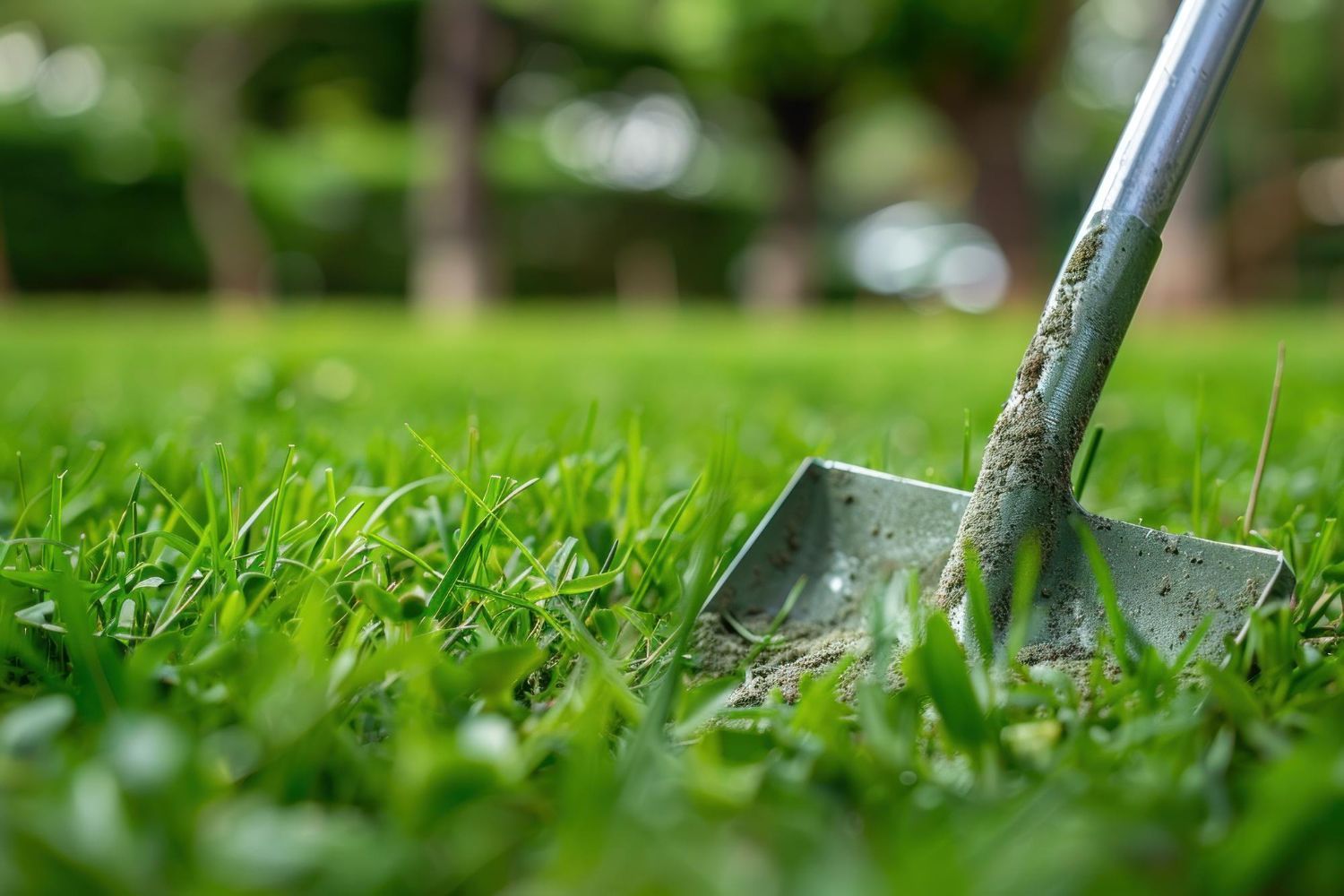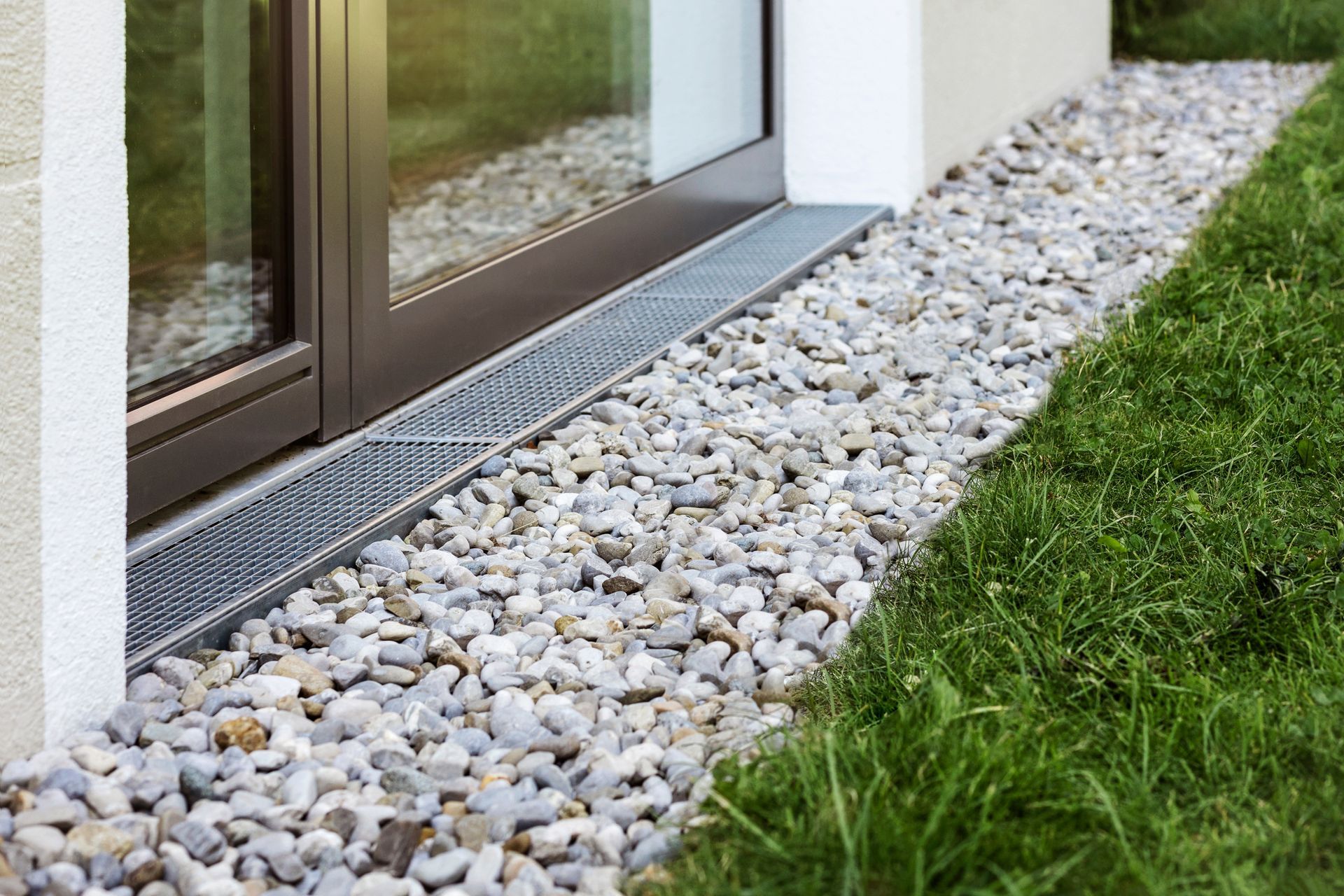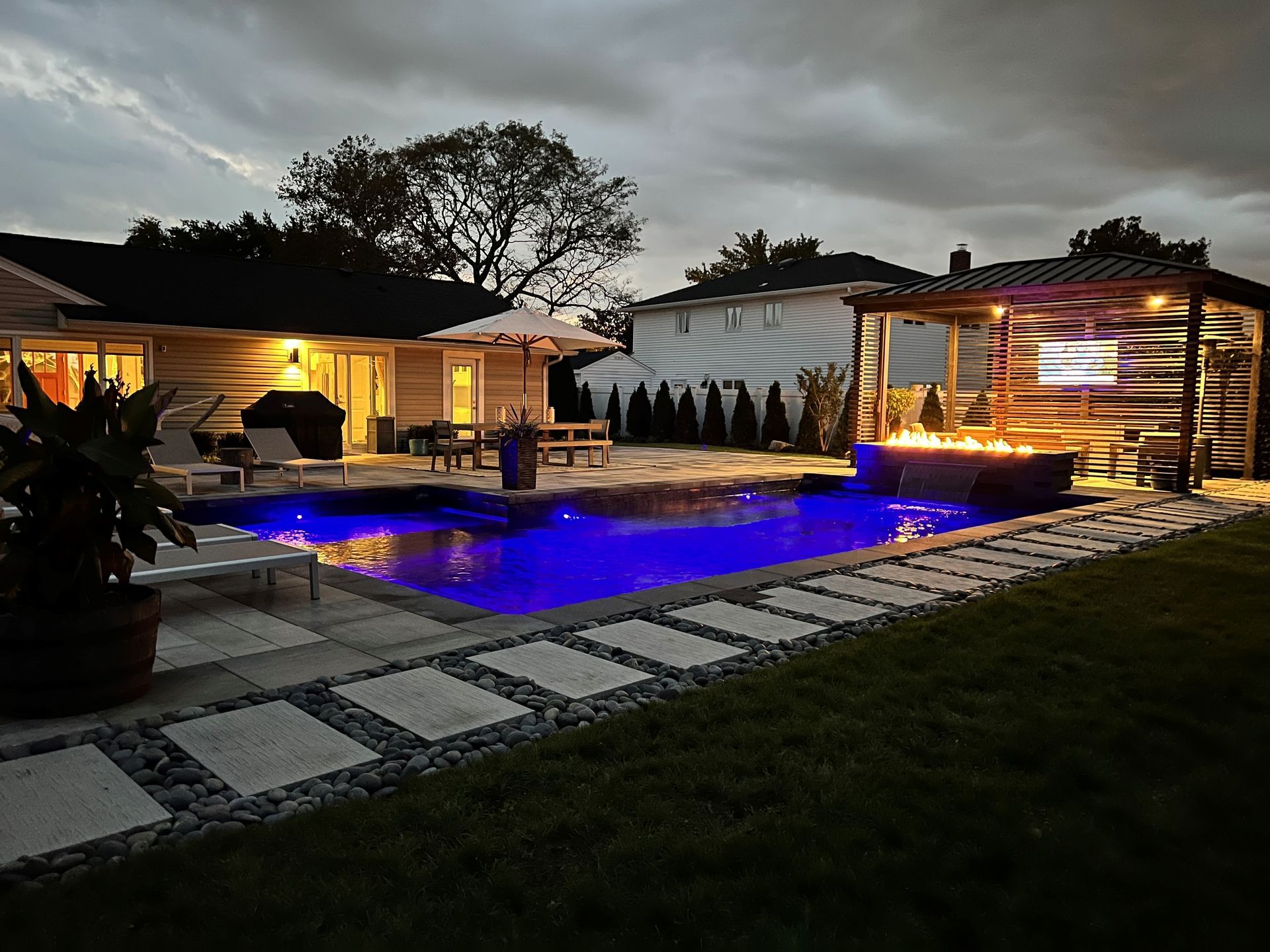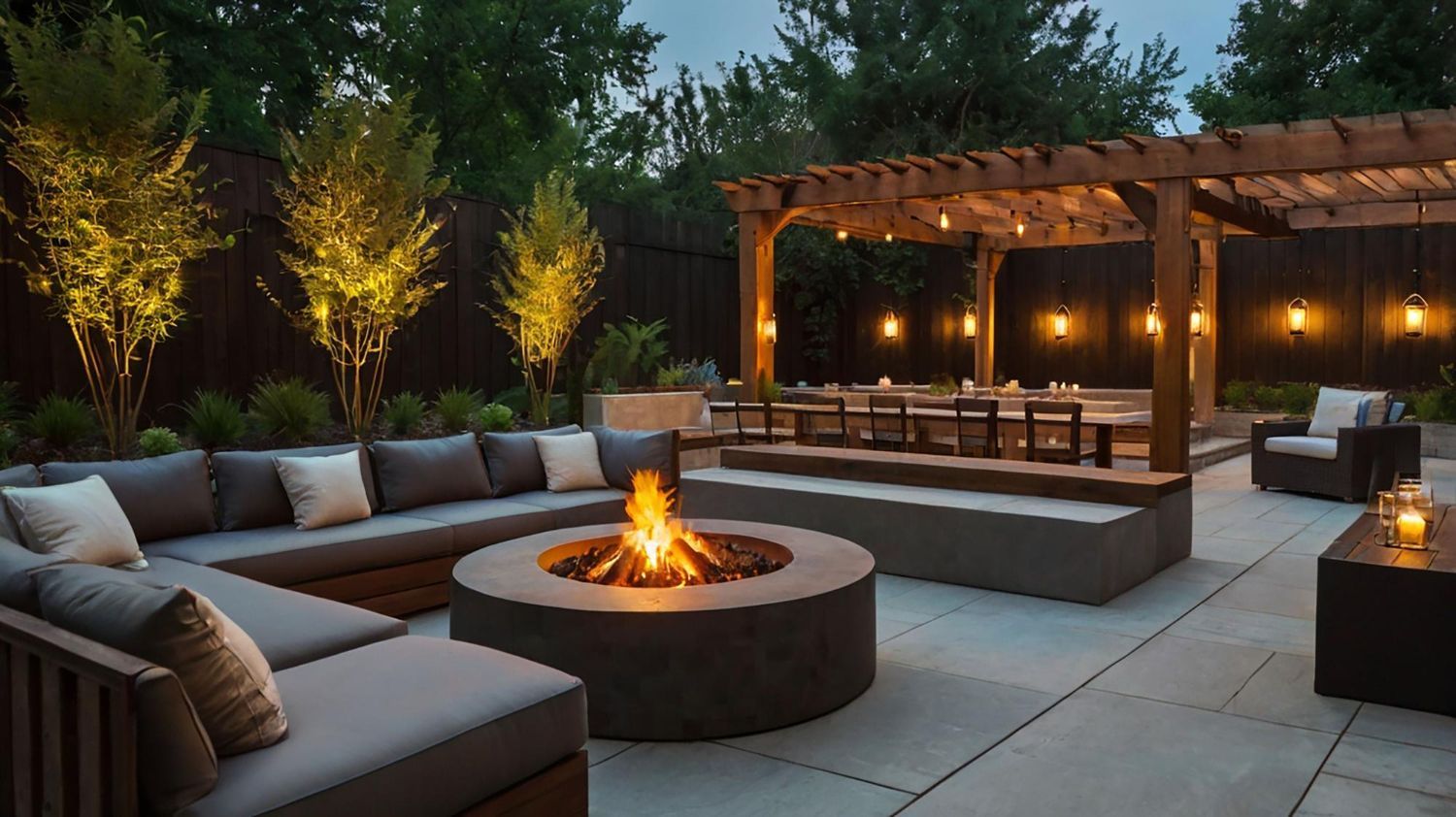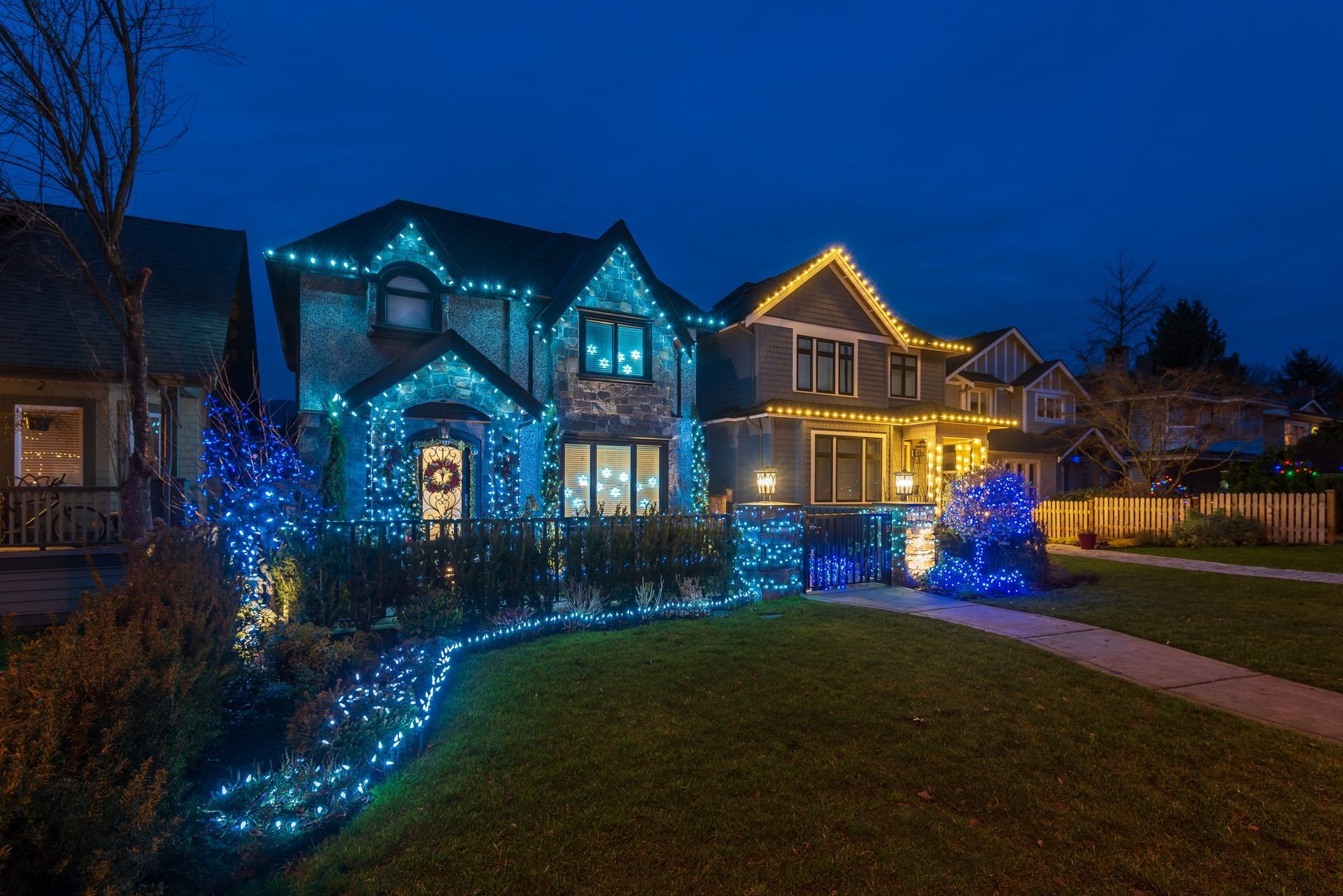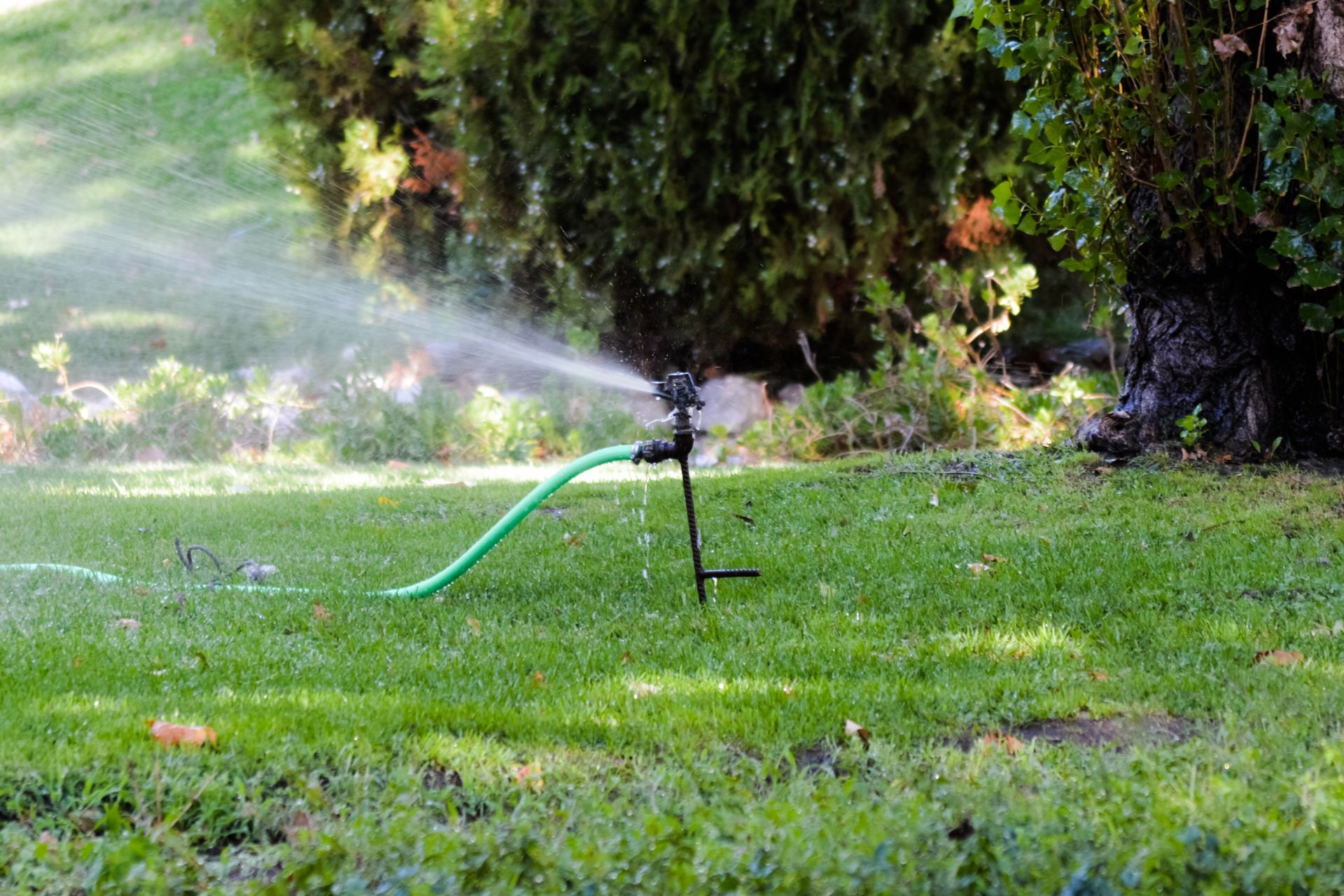Pollinator-Friendly Gardens: Designing Landscapes to Support Local Wildlife
Pollinator-friendly gardens not only add beauty to our landscapes but also play a crucial role in supporting local wildlife. By creating environments that attract and sustain pollinators like bees, butterflies, and birds, we contribute to the health and diversity of our ecosystem. Tayman Lawn & Landscaping LLC is dedicated to helping you design and maintain pollinator-friendly gardens that enhance your outdoor space while supporting local wildlife. In this blog post, we’ll explore the importance of pollinators, key elements of a pollinator-friendly garden, and practical tips for creating your own.
The Importance of Pollinators
Pollinators are essential for the reproduction of many plants, including those that produce fruits, vegetables, and nuts. Without pollinators, our food supply and the health of natural ecosystems would be at risk.
Key Benefits of Pollinators
1. Biodiversity: Pollinators help maintain the diversity of plant species, which in turn supports a variety of wildlife.
2. Food Production: Many crops depend on pollinators for successful fruit and seed production, contributing to our food supply.
3. Healthy Ecosystems: Pollinators contribute to the health and resilience of ecosystems, supporting natural processes like soil health and water filtration.
Designing a Pollinator-Friendly Garden
Creating a pollinator-friendly garden involves thoughtful planning and the selection of appropriate plants and features. Here are some key elements to consider:
1. Plant Diversity
Including a variety of plants that flower at different times of the year ensures a consistent food supply for pollinators.
- Native Plants: Choose native plants that are well adapted to your region. Native plants are more likely to attract local pollinators and provide the best nutrition.
- Flowering Plants: Incorporate a mix of flowering plants that bloom in different seasons—spring, summer, and fall. This ensures that pollinators have access to nectar and pollen throughout the year.
2. Habitat Features
Provide habitats and nesting sites to support the life cycles of different pollinators.
- Bee Hotels: Install bee hotels or nesting boxes to provide shelter for solitary bees.
- Water Sources: Include shallow water sources like bird baths or small ponds with rocks for pollinators to rest on.
- Sheltered Areas: Create sheltered areas with dense vegetation or brush piles to protect pollinators from predators and harsh weather.
3. Avoid Pesticides
Pesticides can be harmful to pollinators. Use natural pest control methods and create a balanced ecosystem where beneficial insects thrive.
- Integrated Pest Management (IPM): Implement IPM practices that minimize the use of chemicals and promote natural pest control.
- Organic Gardening: Use organic gardening methods and products that are safe for pollinators.
Selecting Plants for Pollinator-Friendly Gardens
Choosing the right plants is crucial for attracting and supporting pollinators. Here are some recommended plant types:
1. Wildflowers
Wildflowers are excellent for attracting a variety of pollinators. Some popular choices include:
- Milkweed: Essential for monarch butterflies.
- Coneflowers: Attract butterflies, bees, and other pollinators.
- Goldenrod: Provides late-season nectar for pollinators.
2. Herbs
Many herbs are loved by pollinators and can be a valuable addition to your garden.
- Lavender: Attracts bees and butterflies with its fragrant flowers.
- Thyme: Provides nectar and pollen for various pollinators.
- Basil: Offers blooms that are popular with bees.
3. Shrubs and Trees
Incorporating shrubs and trees can provide additional resources for pollinators.
- Dogwood: Provides nectar and pollen in the spring.
- Willow: Offers early spring blooms for emerging pollinators.
- Serviceberry: Attracts bees with its early blossoms.
Creating a Year-Round Pollinator Garden
To support pollinators throughout the year, plan your garden to have blooming plants in every season:
Spring:
- Crocus
- Bluebells
- Cherry Blossoms
Summer:
- Sunflowers
- Bee Balm
- Zinnias
Fall:
- Asters
- Sedum
- Joe-Pye Weed
Winter:
- Hellebores
- Winter Jasmine
- Witch Hazel
Maintaining Your Pollinator-Friendly Garden
Once your garden is established, ongoing maintenance is crucial to ensure it continues to support pollinators effectively. Here are some tips for maintaining your pollinator-friendly garden:
1. Regular Monitoring
Keep an eye on your garden to ensure that plants are healthy and thriving. Check for signs of disease or pest infestations and address issues promptly.
2. Seasonal Care
Prune and deadhead plants as needed to encourage new growth and prolong blooming periods. Mulch your garden beds to retain moisture and suppress weeds.
3. Providing Resources
Ensure water sources are clean and regularly refilled. Refresh bee hotels and nesting boxes as needed to maintain suitable habitats for pollinators.
4. Adapt and Evolve
As you observe your garden, make adjustments based on what you see. If certain plants are not attracting pollinators, consider replacing them with species that are more effective. Continuously evolve your garden to meet the needs of local wildlife.
Why Choose Tayman Lawn & Landscaping LLC?
At Tayman Lawn & Landscaping LLC, we are passionate about creating beautiful landscapes that support local wildlife and promote sustainability. Our team of experts is dedicated to designing and maintaining pollinator-friendly gardens that enhance both the environment and your outdoor living space. Here’s why you should choose us:
1. Expertise and Experience: With years of experience in the landscaping industry, we bring a wealth of knowledge and expertise to every project.
2. Customized Solutions: We tailor our services to meet your specific needs and preferences, ensuring a garden that reflects your vision and supports local pollinators.
3. Quality Materials: We use the best plants and materials to create sustainable and vibrant gardens that thrive year-round.
4. Comprehensive Services: From design and installation to ongoing maintenance, we provide a full range of landscaping services to keep your garden beautiful and healthy.
Ready to transform your outdoor space into a pollinator-friendly haven?
Contact Tayman Lawn & Landscaping LLC today to schedule a consultation and start designing your pollinator garden. Visit our website at
https://www.annapolislandscapers.com/ or call us at (123) 456-7890. Let us help you create a beautiful and sustainable landscape that supports local wildlife!
